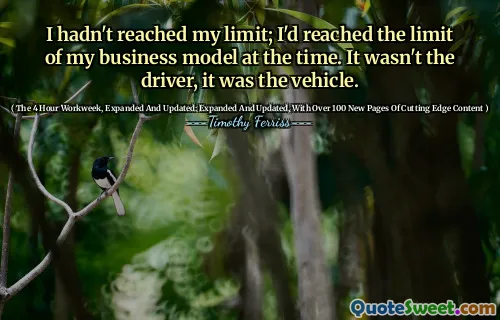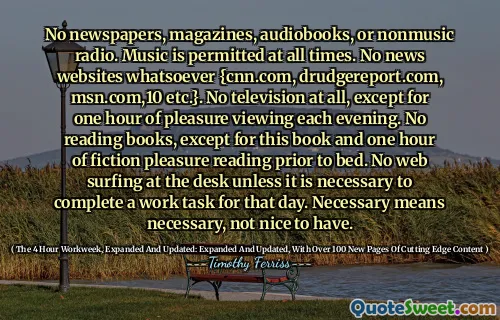
Most people will choose unhappiness over uncertainty.
This quote highlights a profound aspect of human psychology: the tendency to prefer familiarity—even if that familiarity is unpleasant—over the discomfort of the unknown. Many individuals find comfort in routine and predictability because it provides a sense of control and safety. Venturing into uncertainty often involves risks, fears, and a lack of assurance about outcomes, which can evoke anxiety and resistance. As a result, people may subconsciously choose unhappiness or stagnation because it feels more manageable than the unpredictability of change.
However, this mindset can be limiting. Embracing uncertainty can be a catalyst for growth, innovation, and fulfillment. It pushes individuals out of their comfort zones, encouraging exploration and resilience. For example, in personal development, stepping into unfamiliar situations—whether relocating, switching careers, or forming new relationships—can lead to significant transformation. Even though this path may involve discomfort and risk, it often results in more authentic happiness and self-discovery.
The fear of the unknown can stem from a variety of sources: fear of failure, rejection, or simply losing control. Yet, learning to accept uncertainty as an inherent part of life can diminish its intimidating power. Fostering a mindset that sees uncertainty as an opportunity rather than a threat can lead to more daring pursuits and a richer experience of life. Ultimately, choosing certainty over potential happiness or growth may feel safe in the short term, but it could also mean missing out on meaningful, transformative experiences that can only arise through embracing the unknown.
In conclusion, understanding this tendency and actively working to face fears related to uncertainty can unlock new pathways for personal and professional development, making life more dynamic and fulfilling.








